Fertilizing with....Lawn Fertilizer??!!!
jerome
13 years ago
Featured Answer
Sort by:Oldest
Comments (40)
segask
13 years agojumbojimmy
13 years agoRelated Discussions
Organic Fertilizers vs. Chemical Fertilizers
Comments (82)I think the message as it applies here is that we shouldn't be afraid of using synthetics in lawn care just because they contain chemicals. Just because something has an "ingredient" with a funny looking name that may be hard to pronounce doesn't mean that it's necessarily bad or wouldn't be produced naturally. For example, organic fertilizers can cause chemical run off just like synthetic fertilizers. Somewhat off topic, someone asked me what I was feeding my dog because her fur was so shiny and smooth. This person couldn't believe when I told her that I feed her bagged, dry dog food from the pet store. "All those chemicals and artificial ingredients! It's just not natural!" This person fed her dog a raw diet, and I guess she was assuming that plopping a round of filet mignon into the food bowl was somehow more natural than dog food. To me, that's just as unnatural. (Her dog was also suffering from conditions that may or may not have been related to diet, including terrible fur quality and weak bone issues...) Giving a dog a T-bone is as unnatural as dropping countless pounds of soy meal in a lawn to feed it., just as broadcasting Scotts Lawnfood is equally unnatural to feeding your dog dry kibble. There is nothing natural about a lawn (or farming or gardening, for that matter). There was an entire hoopla about this years ago, which is why the word "organic" is used where "natural" used to be. Lawns do not exist in nature without human intervention. Stop mowing, feeding and weeding the lawn for a single season and you will see my point. In nature, success would be a single seed out of thousands germinating and surviving log enough to produce more seed. In the man made lawn, success is typically 85-90% germination at a minimum, with the constant upkeep to ensure proper care for many years, and the prevention of any grass plants from producing seed. At any rate, I was going for a lighthearted post with that image and not something of serious analysis....See MoreAre water soluble fertilizers same as foliar fertilizers?
Comments (18)water soluble just means that the fertilizer dissolves in water, by no means it indicates it's exclusively for foliar feeding. generally, water soluble fertilizers are typically fed to plant roots.. but they can also be used to foliar feed as well (ie something marketed as a foliage fertilizer in a spray bottle).. i just don't think it's effective at all, especially things like fish emulsion (organic matter) which is typically not fully broken down (decomposed) so it's best to use something like fish emulsion in the soil as it breaks down over time and then become available to the plant to absorb via their roots. some people swear by foliage feeding, but the way i see it is when i am hungry i don't smear the food over my skin ;) perhaps you should do an experiment. have two plants, feed one plant the water soluble fertilizer in the soil and the other on foliage. wait a month or two and observe results.....See MoreHow self-fertile are self-fertile muscadines and kiwis?
Comments (9)You don't say what variety of muscadine. You should get some grapes the 3rd year and close to a normal crop the 4th year. Some varieties are more productive and some do better in one climate than another. After 4 or 5 years, you should be disappointed with 50 pounds on a muscadine and pleased with 80. I've heard of an Ison (Ison variety) vine producing 200 pounds in Louisiana....See MoreFertilize no fertilize during blooming
Comments (7)Strictly speaking it depends on if mineral content of soil is currently adequate. However if you think the product you have been using has been a good match then continue on the schedule presented on the product label, regardless of whether the plant is in flower or not. One other factor: if this is an indoor specimen generally fertilization of tropical plants is a summer (growing season) activity, that is dropped during the winter. However the flowering of this example could be taken to indicate it thinks it's time to get started....See Morebuford
13 years agomichaelg
13 years agofloridarosez9 Morgan
13 years agorosefolly
13 years agoharborrose_pnw
13 years agoprofessorroush
13 years agoEmbothrium
13 years agohoovb zone 9 sunset 23
13 years agomelissa_thefarm
13 years agojerome
13 years agopeachiekean
13 years agojumbojimmy
13 years agoalameda/zone 8/East Texas
13 years agolandperson
13 years agolandperson
13 years agopoodlepup
13 years agofloridarosez9 Morgan
13 years agolandperson
13 years agojerome
13 years agoEmbothrium
13 years agobart_2010
13 years agohoovb zone 9 sunset 23
13 years agojerome
13 years agoharborrose_pnw
13 years agotaoseeker
13 years agomichaelg
13 years agorosefolly
13 years agomichaelg
13 years agoharborrose_pnw
13 years agomichaelg
13 years agoharryshoe zone6 eastern Pennsylvania
13 years agowirosarian_z4b_WI
13 years agoharborrose_pnw
13 years agoTerry Crawford
13 years agomichaelg
13 years agoUser
13 years agoteeandcee
13 years ago
Related Stories

GARDENING GUIDESGet on a Composting Kick (Hello, Free Fertilizer!)
Quit shelling out for pricey substitutes that aren’t even as good. Here’s how to give your soil the best while lightening your trash load
Full Story
GARDENING GUIDESHow to Switch to an Organic Landscape Plan
Ditch the chemicals for a naturally beautiful lawn and garden, using living fertilizers and other nontoxic treatments
Full Story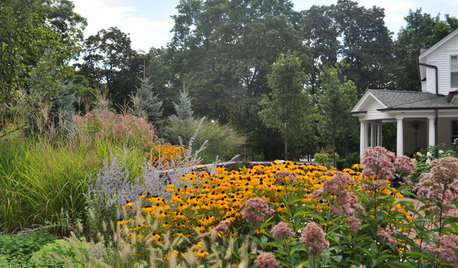
GARDENING GUIDESPacific Northwest Gardener: What to Do in September
Put in cool-weather veggies, fertilize your lawn and tidy the garden this month before chilly weather arrives
Full Story
GARDENING GUIDESCommon Myths That May Be Hurting Your Garden
Discover the truth about fertilizer, soil, staking and more to keep your plants healthy and happy
Full Story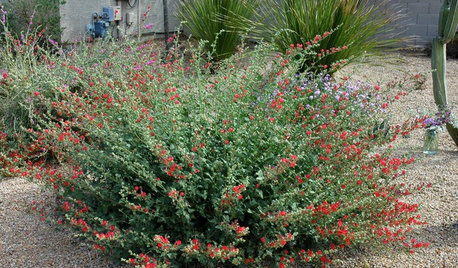
GARDENING GUIDESSouthwest Gardener's February Checklist
Orange you glad for a citrus-fertilizing reminder? And don't forget the recommended doses of vegetable seeds and cold-hardy flowers
Full Story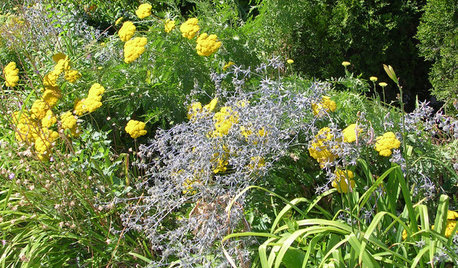
GARDENING GUIDESRocky Mountain Gardener: What to Do in July
Keep the party going all summer long with smart watering methods and fertilizer. Get ready for next year and order bulbs now
Full Story0
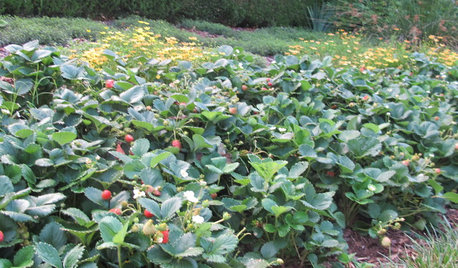
REGIONAL GARDEN GUIDESSoutheast Gardener's September Checklist
Fertilize strawberries, plant a tree or two and beckon hummingbirds to your Southern garden this month
Full Story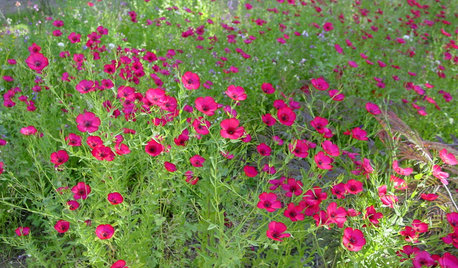
GARDENING GUIDESSouthwest Gardener's August Checklist
Manage monsoon effects, remember to fertilize and don't let the heat deter you from planting for fall
Full Story
EARTH DAYThe Case for Losing the Traditional Lawn
Work less, help the environment and foster connections by just saying no to typical turf
Full Story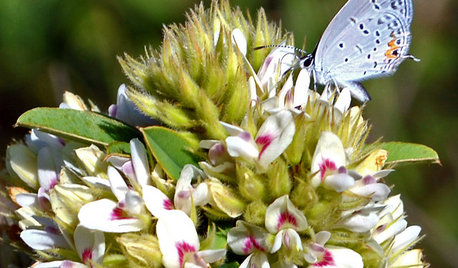
GARDENING GUIDES5 Prairie Wildflowers That Can Heal Your Soil
Get free, organic soil fertilizer with nitrogen-pumping plants that draw pollinators too
Full Story


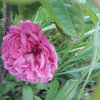


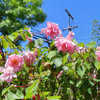
jeromeOriginal Author